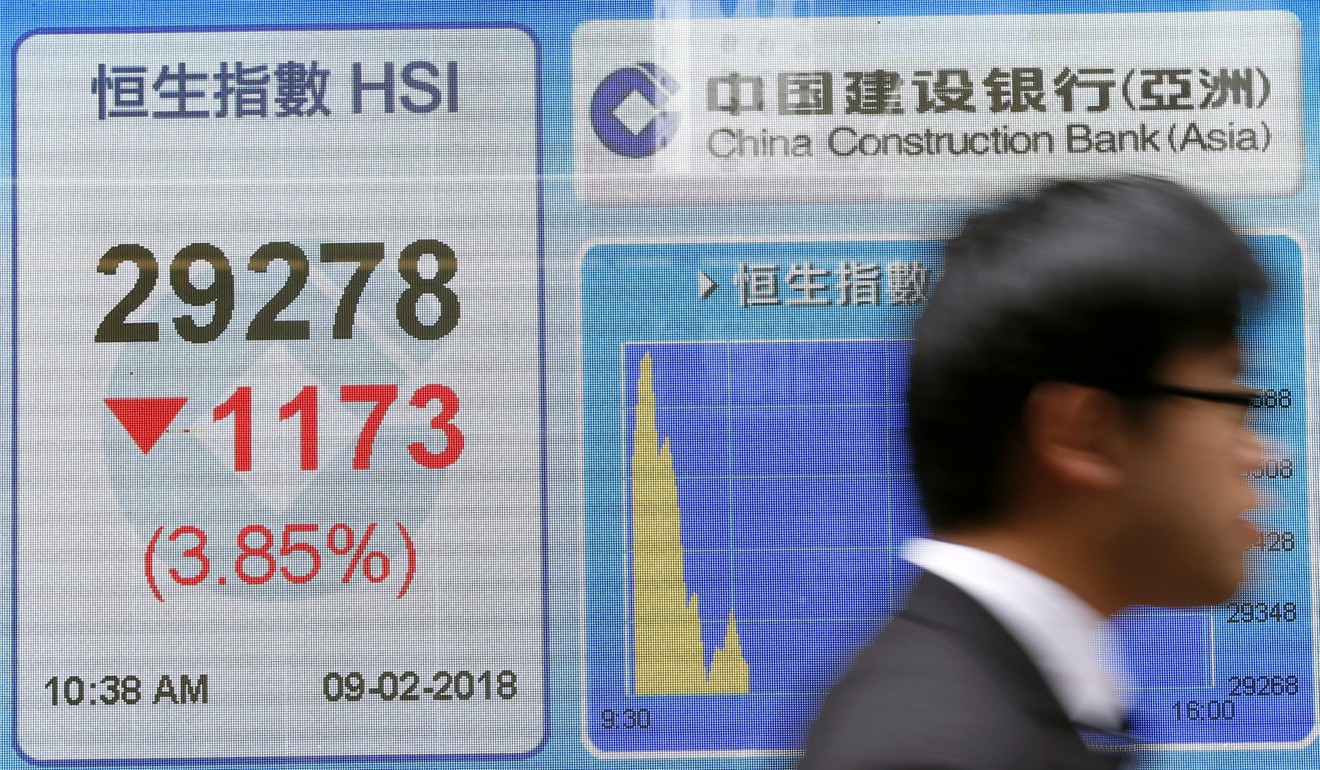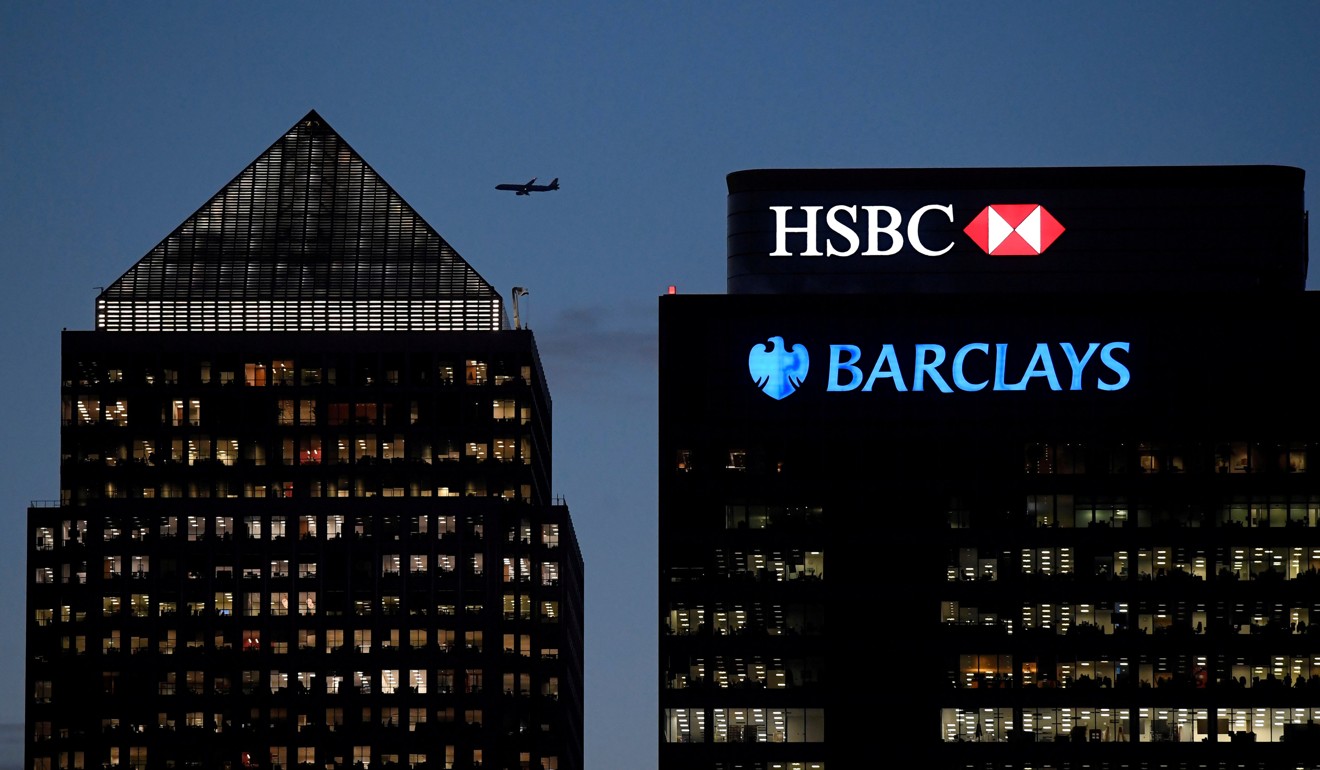
Yes, a short-term panic really is consistent with a bull market in Hong Kong stocks
While it might seem contradictory, fears over inflation can trigger a correction as the market continues to run
“Never,” another newspaper columnist once advised Abacus, “ever read below the line. Just don’t do it.”
What he meant was that no writers should ever read the comment threads posted by readers against the web editions of their articles. It is too soul-destroying.
I disagree. It is true that comments threads sometimes seem inhabited only by ardent, if ill-informed, nationalist partisans. But often there are acute observations and pertinent questions: diamonds among the dross.
China’s credit ratings plan: from social media to medium of social control
It was an excellent question, and it deserves an answer.

At first glance the two articles might well appear contradictory; one arguing the bull market was intact, the other looking at how fears of inflation had caused a nasty sell-off.
Actually, the two arguments are quite consistent.
The first article argued that diminishing fears of a financial and economic crisis in China, cheap valuations relative to the rest of the world, and increasing capital inflows both from the mainland and international investors would support Hong Kong stock prices in 2018.
To be fair, the article did note the market was at risk of a near term correction. One big risk was that “inflation could take off in the United States, prompting a slide in bond prices that would hit US stocks and by contagion infect the rest of the world”.
The only game in town? Why China will keep buying US Treasury debt
That’s pretty much what happened at the start of this month, as an inflation scare, amplified by a short-squeeze in the market for volatility, triggered a short-lived slide in global stock markets.
Seeking to explain this slide, the second article argued that after a decades-long period of disinflation, short- and long-term factors both point to a return of inflationary pressure that could push up long-term interest rates and make life much more difficult for stock market investors.
To see why these ideas do not contradict each other, it is necessary to consider how rising inflation expectations affect stock prices – something few people have had to think about in recent decades.
In a nutshell, inflation erodes the purchasing power of money. So, for example, if you have US$1 million and inflation is running at an annual 7 per cent, then in 10 years time your US$1 million will be worth just US$500,000 in today’s terms.

What goes for money that savers have stashed under their mattresses applies equally to company earnings. If inflation rises, then a company’s future earnings will be worth less in terms of today’s dollars.
And because a company’s stock price is simply the value investors put on its future earnings, as inflation expectations rise, investors downgrade the valuations they put on those future earnings.
The worst hit will be those companies whose prospective earnings are further away in the future.
There’s an imperial elephant in the room: China
Consider an internet company whose shares are trading on a price-to-earnings ratio of 50, which means it will take 50 years of current profits to recoup the purchase price of its stock. As inflation rises, the value investors put on its future earnings will plummet, and its stock price will get hammered.
But not all stocks suffer the same fate. Now consider a supermarket operator, which sells groceries for cash today, and only pays its suppliers three months later. With inflation its revenues rise. But because it delays payments to its suppliers, its costs fall relative to its revenues, and its profits rise – even after adjusting for the rise in inflation. As a result, its stock price goes up.

Banks also do quite nicely. As investors begin to fear higher inflation, long-term interest rates creep up in expectation of future interest rate increases from central banks. In other words, long-term rates rise relative to short-term rates, which is great news for bankers in the business of borrowing short to lend long.
All this adds up to a major change of environment in the stock market. For years, exciting bets on the future like internet companies have massively outperformed boring old-economy businesses like supermarkets and banks.
But the prospect of higher inflation implies a major rotation, in which professional investors mark down hi-tech growth prospects, and turn again to unfashionable businesses that stand to prosper in an era of rising prices.

This will all make things much more complicated for ordinary stock market investors. And more complication means more volatility of the sort we saw in the first couple of weeks of this month.
But it does not mean the bull run in Hong Kong stocks is necessarily over. Sure, the market’s internet high-fliers may struggle to make further gains. But the Hong Kong market remains cheap by international terms, and so will not be downgraded as aggressively as other developed markets. And the upwards re-rating of Hong Kong-listed banks which Abacus highlighted in late January as one of the major drivers of the bull-run is likely to continue.
Is Hong Kong’s property bubble finally ready to burst? Here are two things to watch
So, Mr or Ms “kasnicks” of last week’s comments thread, there’s your answer: a short term sell-off in global markets triggered by fears of higher inflation is quite consistent with a continued bull market in Hong Kong equities over the coming months, although admittedly life may not be so easy for ordinary investors.
And to fellow scribblers: always read below the line. It’s worth ploughing through a little ignorant bigotry to unearth the occasional worthwhile question from a thoughtful reader.
Tom Holland is a former SCMP staffer who has been writing about Asian affairs for more than 20 years

